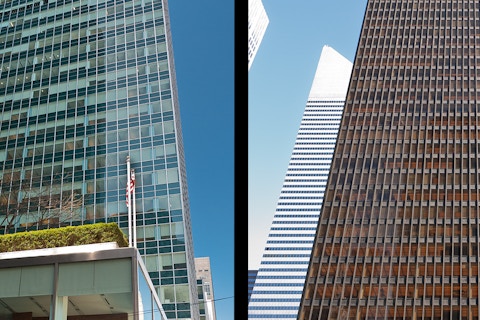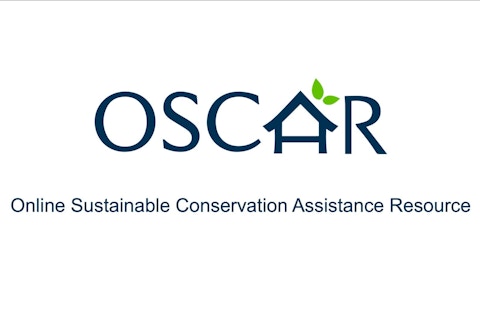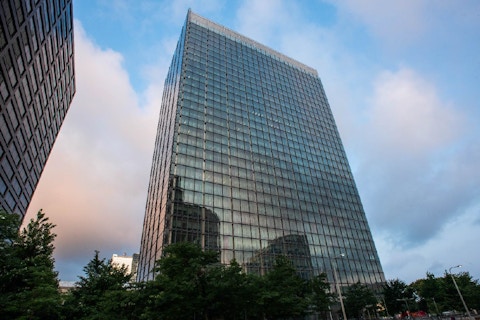Surfing Uncertainty
We are all swimming in the wake of Covid-19. There are signs that things are slowly beginning to open up, although serious concerns remain among health professionals that governments, under increasing pressure to restart the economy, may be acting prematurely. It seems clear at this point that we will not be back to business as usual anytime soon, if ever again. Leading health experts like Dr. Ezekiel Emanuel in communication with leading global virologists are talking as long as two to three years for this virus to resolve itself, a timeframe characterized by waves of infection, and warning that we may not yet have seen the worst. And so, we all surf into an uncertain future as we ponder what the impacts may be and what to do with our businesses and our lives.
Many of us remain stunned by the rapid downshifting of the global economy. Covid-19 accomplished in mere weeks what the environmental movement, and the accompanying resilience and sustainability dialogue in the building industry, failed to do through decades of effort. This is despite the fact that the worst conceivable outcomes of the Coronavirus pale to a faint blush in comparison to the cumulative impact of the slowly unfolding climate catastrophe over the coming decades. And therein lies the difference, right? The speed (and drama?) with which the crisis unfolds? Perhaps the altered state of reality provided by Covid-19 affords a new vantage point for reconsidering the climate crisis, how it will impact us, our offspring, our buildings and what we might, as professionals and individuals, do about it.
Does the knowledge of impending climate change impacts establish a legal responsibility—and accompanying liability—for the building designer? The legal discussion around this issue may surprise you. In this edition of SKINS, we attempt to pull the lever of risk as an agent for change in our notoriously risk-averse industry. Given the uncertainty of future climate conditions owing to the escalating impacts of anthropogenic climate change, it is evident that we must shift from the practice of designing buildings on the basis of historical to projected climate data. Yet the traditional practices remain stubbornly in place. Mary Ann Lazarus explores this issue with the Director of Sustainability at Eskew+Dumez+Ripple. Judy Mendoza dissects a workshop report by authors Moran and Mihaly that makes the legal case that climate change has effectively altered the standard of care and may well impact future professional liability. In this context, we revisit Christine Murray’s controversial article, “It’s Time for Architects to Choose Ethics Over Aesthetics.” We query the architecture profession’s sense of responsibility in delivering buildings that conform to critical wellness, resilience and carbon performance goals. Murray challenges designers to “Take responsibility, own that you are part of the problem, and do something about it.” She points to the unglamorous and underutilized, but potentially powerful, role of material and product specification.
We also link to important contributions from FTI’s own Helen Sanders and Stacey Hooper, and we feature another outstanding peer-reviewed paper from our pending 2020 World Congress—stay tuned for an upcoming announcement on that. Karine Charlebois with Eckersley O’Callaghan contributes an original article on two recent projects by the firm. Mary Ben Bonham has a new book on double-skin facades out, Permasteelisa is changing hands once again and the wheel keeps on turning.
No better time to lean in and put some energy into making things better; we have the platform for that, and there’s lots to do. Get involved! Let me know if you are interested, and we can talk it over.
Read on!

Mic Patterson, PhD LEED AP+
Editor, SKINS
Facade Tectonics Institute
Send Email
Looking for something specific?
Search our extensive library.
FTI’s SKINS email is the central source for the latest in building skin trends and research.
All emails include an unsubscribe link. You may opt out at any time. See our privacy policy.









